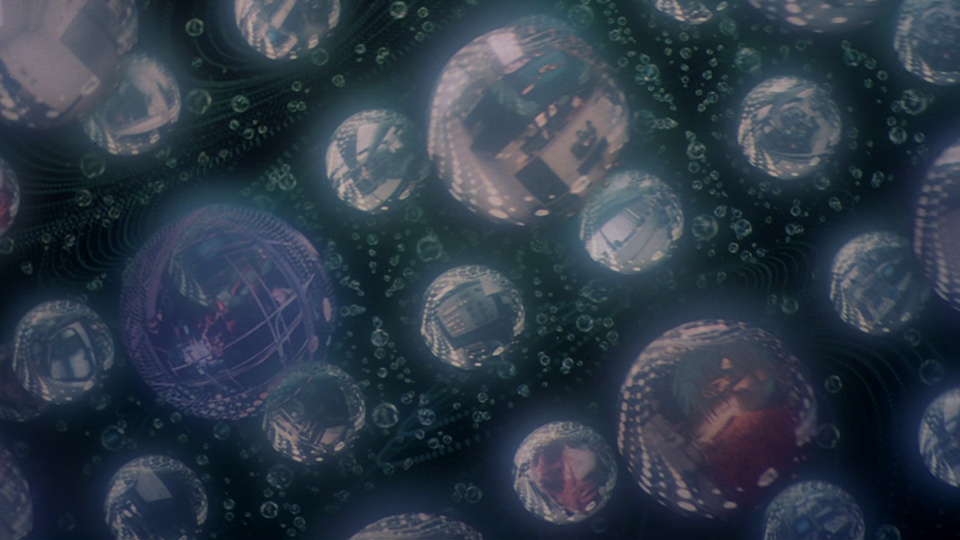Hereafter

Clint Eastwood doesn’t overthink his material. He grabs a screenplay he likes and starts shooting. Writer Peter Morgan said he was quite surprised that Eastwood started filming Hereafter without demanding rewrites, or even discussing the script much, and the resulting film has an obvious first-draft quality. It doesn’t really work.
You can imagine a good movie being made from this premise. Matt Damon plays a psychic. A real psychic — a principled psychic who’s appalled by the legion of fakers and charlatans who have developed a cottage industry dedicated to taking financial advantage of mourners. That’s a hook. But the two other lead characters are softer and less intriguing. There’s a Frenchwoman (the aptly named Cécile de France) who has a near-death experience after a tsunami wrecks the resort town where she is vacationing. And there’s an unlucky English boy (Frankie McLaren) who’s put in foster care after his brother is chased into traffic by some neighborhood bullies. It’s one of those films that reaches for misfortune early and often. I wouldn’t have been surprised to see a piano drop from the sky in any random scene and pound one character or another out of existence.
Eastwood manages to pull some nice moments out of the material, making even the embarrassingly clichéd scene where the boy’s dead brother speaks to him, using Damon as a medium, ring with some emotional truth. And Damon’s abortive one-night stand with Melanie (Bryce Dallas Howard), a woman who thinks, incorrectly, that it might be cool to get with a psychic, amounts to a nice, minimal character study at the center of the film. But most of the material is overly familiar, with Morgan laboring just to get these three characters in the same neighborhood for the inevitable third-act rendezvous.
In its po-faced interest in the coincidences that bring people together, Hereafter fits into a recent series of mostly risible movies, some with a gentle supernatural patina, that think improbably contrived connections among disparate characters generate their own profundity — Babel, 21 Grams, and the Paul Haggis version of Crash come immediately to mind, and I have to think that Kieslowski’s Three Colors trilogy is the ur-text for this latest cycle. And Damon’s status as a Mr. Lonelyhearts who can’t find true romance because he immediately knows everything about anyone he touches seems to have its most immediate roots in the character of Sookie Stackhouse. I mostly enjoy the heck out of True Blood, but Krzysztof Kieslowski meets Alan Ball is not a winning combination.
Further: The lower-class English please-don’t-put-me-in-foster-care drama has been done to death, and with considerably more nuance and sensitivity than Eastwood can spare here, and I can’t imagine anybody in the viewing audience cares that much about what happens when a slightly daffy French newscaster surprises her publisher by turning in a book on the afterlife instead of the political biography she had promised. It’s probably true that not every script needs a rewrite, and Eastwood is as good as anyone at turning pages of risible piffle into scenes of penetrating, tearjerking drama (for example, the devastating Million Dollar Baby). But this unfocused, mealy mess of observations on life and death and the purported nether-region in between needed to be tightened and toughened.
Posted by on November 9, 2023 5:31 PM

